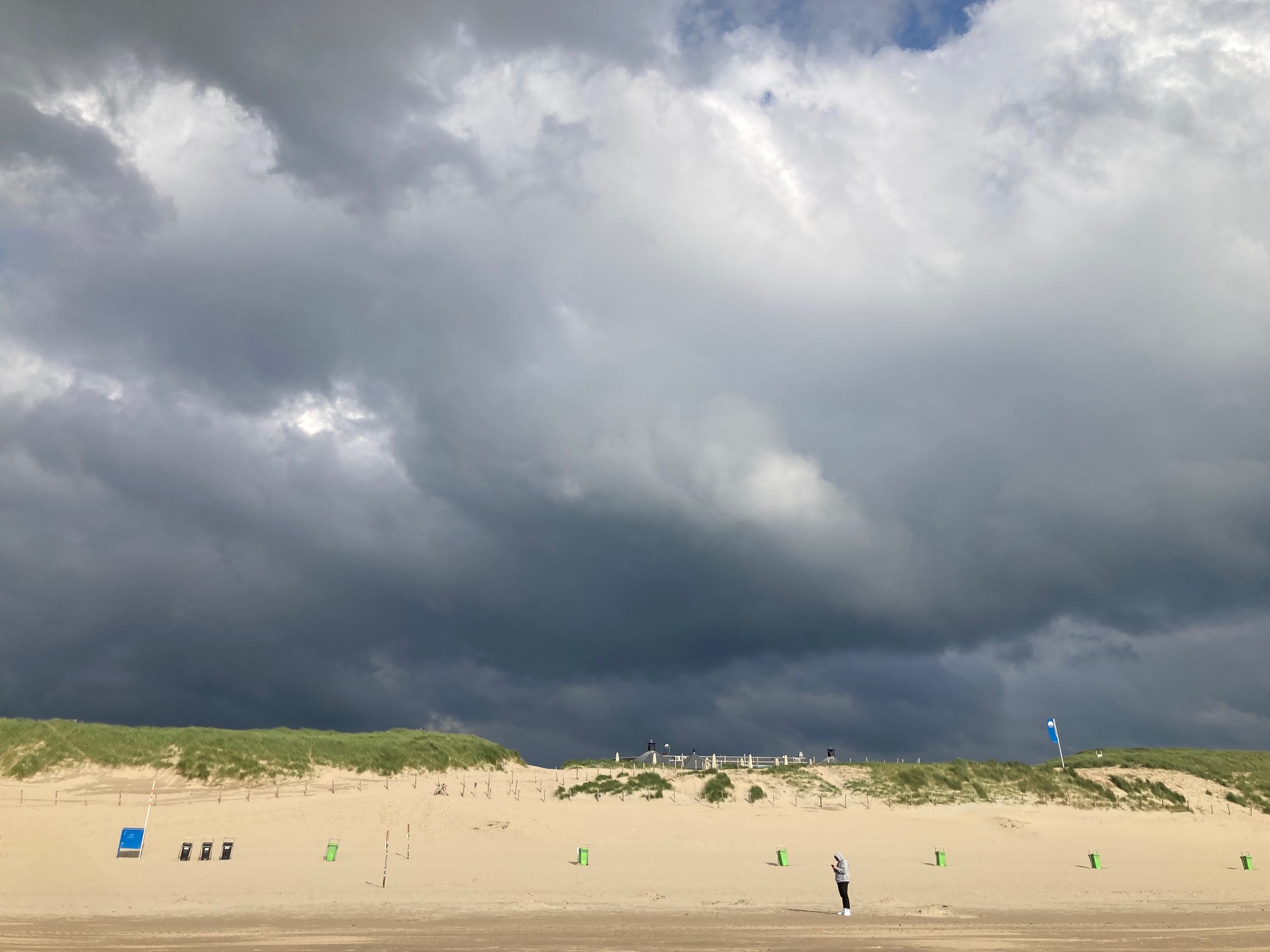Settled immigrants are “right to worry” for their future in NL

The current political climate in the Netherlands is not only a threat to asylum seekers but also affects immigrants who have been settled here for years, warns Sezgin Cihangir.
It’s a mellow summer’s evening and my garden is filled with the smell of freshly mown grass and the shouts of children playing nearby. My environment feels like a safe haven but my thoughts are turning increasingly to the growing threat to people like me, immigrants who settled here decades ago and made a life in the Netherlands. The sun Wilders said was going to shine over the Netherlands feels like the sword of Damocles to many of us.
Since the last elections in which the radical right seized power in the Netherlands my safe environment is being infiltrated by feelings of unease. The swing to the right now crops up frequently in conversations with family members, friends and colleagues, with or without a migration background, conversations full of concern and often fear.
Many of my relatives and friends who work in care, education, IT, or as expats in international companies, are doubting for the very first time if there is a future for them in the Netherlands. They do crucial jobs but the question of whether they are still welcome here is a frequent topic of conversation at the coffee machine and during the lunch break.
After September 11 and the murders of Pim Fortuyn and Theo van Gogh we felt we should change our last name to something a bit more Dutch sounding, so our children, who are half-Dutch anyway, would not be disadvantaged by their background. Now we are again faced with that dilemma.
One of my nieces has taken off her headscarf because she is fed up with the negative comments it attracts when she walks down the street. It feels as if we are being pushed to again prove we are worthy, as if all those years in which we have contributed to society and integration or even assimilation never happened.
The situation in England where asylum seekers are being physically threatened fuels fears of things to come in this country. And that fear is not groundless if the reactions to Wilders’ tweets are anything to go by. You wonder when your turn will come.
Polarisation is affecting all of us but for some the stakes are higher than for others. To me personally, it feels as if the society in which I have felt at home for so many years is slowly alienating itself from people like me.
My Dutch fellow human beings are finding it hard to understand what it means to continually have to defend your place in society, shocked though they are by news stories about attacks on asylum seekers. They doubt if the Netherlands is really heading that way. Meanwhile, I’m wondering how to prepare my children for a future in which their background may pose a threat to them.
Most worrying of all is the shift in political rhetoric which is veering ever closer to exclusion and deportation. The xenophobia now apparent in policies and politics is threatening not only asylum seekers but also the many immigrants who settled and contributed here for years. Pieter Omtzigt plans to limit foreign students, labour migration, and knowledge migration. People with a migration background are rightly worried.
Feeling at home
I look at my children and wonder what their future will be in a country that seems to be turning away from tolerance and solidarity. It hurts to think that they may not feel at home in the country where they were born, their native country! But if we as a society choose the path of understanding, compassion and community instead of fear and exclusion, there may be some hope left.
It is that hope that keeps me going, to have that conversation to show that we immigrants are more than our ethnic background. We are parents, neighbours, colleagues – and more than anything else people who want to have a good life and help others have a good life too.
Sezgin Cihangir is the director of the Nederlands Mathematisch Instituut and secretary of the Stichting Meer Leren op School.
This column appeared earlier in Trouw
Thank you for donating to DutchNews.nl.
We could not provide the Dutch News service, and keep it free of charge, without the generous support of our readers. Your donations allow us to report on issues you tell us matter, and provide you with a summary of the most important Dutch news each day.
Make a donation